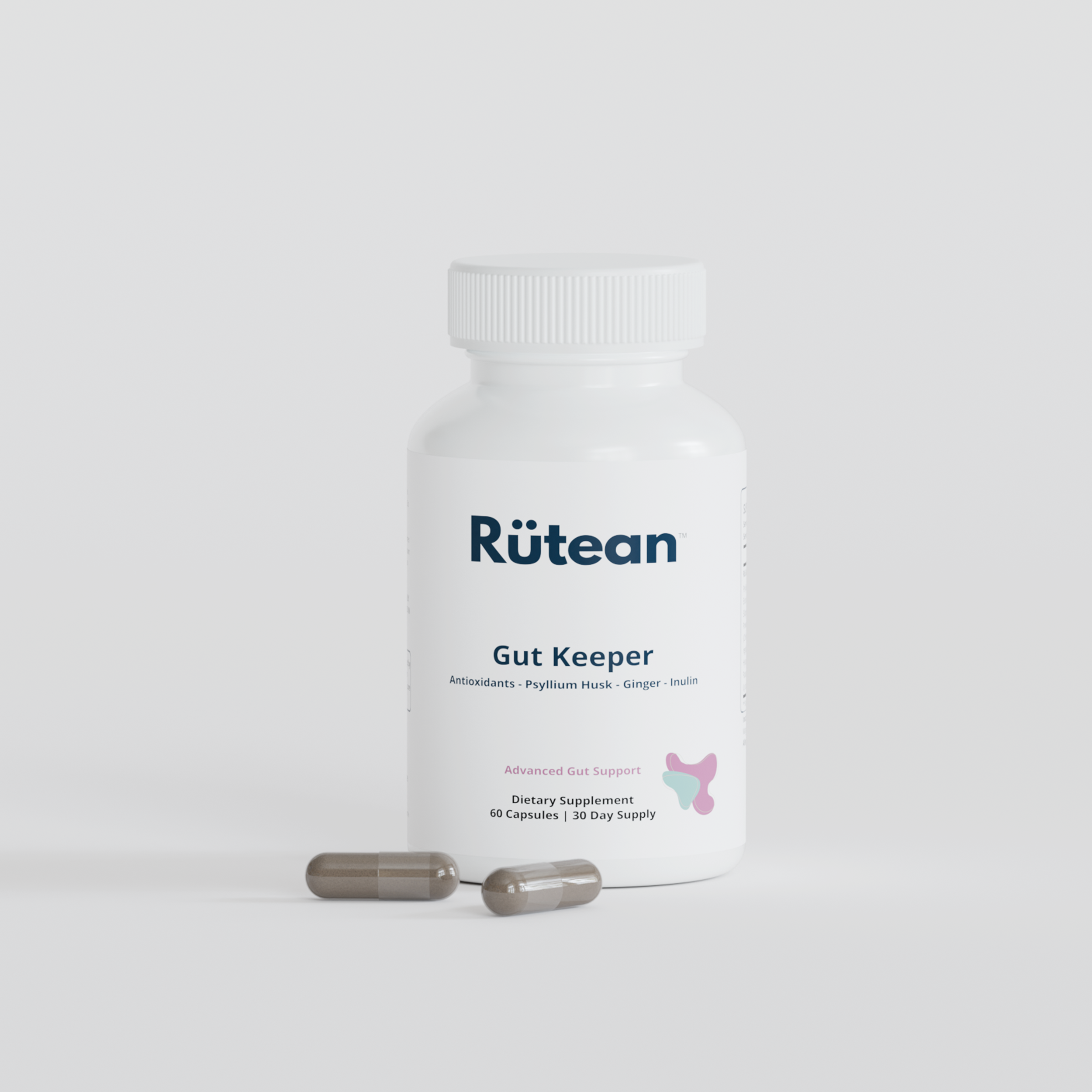Magnesium is a vital mineral that supports a multitude of bodily functions. Among its various forms, Magnesium Glycinate has been gaining attention, especially among women, due to its remarkable benefits.
What Makes Magnesium Glycinate Unique?
Unlike other forms of magnesium, Magnesium Glycinate is a combination of the mineral magnesium and the amino acid glycine. This blend not only ensures superior absorption but is also gentle on the stomach, a boon for those sensitive to other magnesium forms like magnesium oxide[1].
A Deep Dive into Its Benefits
-
Sleep Like a Baby: In today's fast-paced world, uninterrupted and deep sleep can seem elusive. Magnesium Glycinate aids in regulating neurotransmitters, which play a pivotal role in ensuring a deep, restorative slumber. By calming the nervous system, it helps you wake up feeling refreshed and rejuvenated[2].
-
Easing the Monthly Toll: Those monthly menstrual cramps can be more than just an inconvenience; they can disrupt your life. Magnesium Glycinate acts as a muscle relaxant, offering natural and effective relief from painful cramps, making your periods more manageable[3].
-
Strengthening Your Bone Armor: Women, especially post-menopause, face the threat of declining bone density. Magnesium plays a crucial role in bone formation, helping in the assimilation of calcium into the bone and activating Vitamin D in the kidneys. Thus, Magnesium Glycinate becomes an ally in ensuring bone health and combating osteoporosis[4].
-
Your Natural Armor Against Stress: Women often find themselves multitasking, balancing personal and professional lives. This can lead to immense stress. Magnesium Glycinate aids in regulating neurotransmitters that combat stress and reduce anxiety, acting as a natural stress-reliever[5].
-
Guarding Your Heart: While often associated more with men, cardiovascular issues don't discriminate. Magnesium Glycinate supports heart health by maintaining a regular heartbeat, preventing arterial stiffening, and ensuring the effective pumping of the heart[6].
When and How to Consume Magnesium Glycinate
For optimal absorption, it's recommended to take magnesium supplements with meals, ideally at the same time daily. This not only aids in digestion but also minimizes potential side effects, such as digestive discomfort.
It's crucial to be aware of potential interactions between magnesium supplements and medications. Always maintain a buffer of at least two hours between magnesium intake and other medicines. Notably, antibiotics and certain blood pressure medications can have an increased risk of side effects when combined with magnesium.
Before adding Magnesium Glycinate or any supplement to your routine, always consult with a healthcare professional. They can provide guidance tailored to your unique health profile.
Closing Thoughts
Magnesium Glycinate is more than just a wellness trend. It's an essential supplement that addresses multiple facets of women's health, making it a worthy addition to your wellness arsenal. As always, when considering any supplement, knowledge and professional advice go a long way.
References
1- Magnesium bioavailability from magnesium citrate and magnesium oxide," Nutrients, 2010.
2- The effect of magnesium supplementation on primary insomnia in elderly," Journal of Research in Medical Sciences, 2012.
3- Dysmenorrhea treatment with magnesium supplementation," Obstetrics & Gynecology, 2001.
4- Magnesium and Osteoporosis: Current State of Knowledge and Future Research Directions," Nutrients, 2013.
5- Rapid recovery from major depression using magnesium treatment," PLOS One, 2017.
6-m Role of magnesium supplementation in the treatment of hypertension," Hypertension, 2002.



